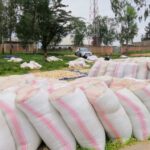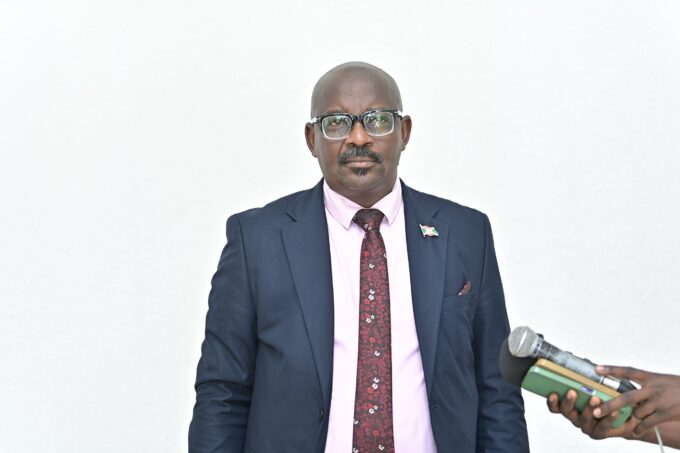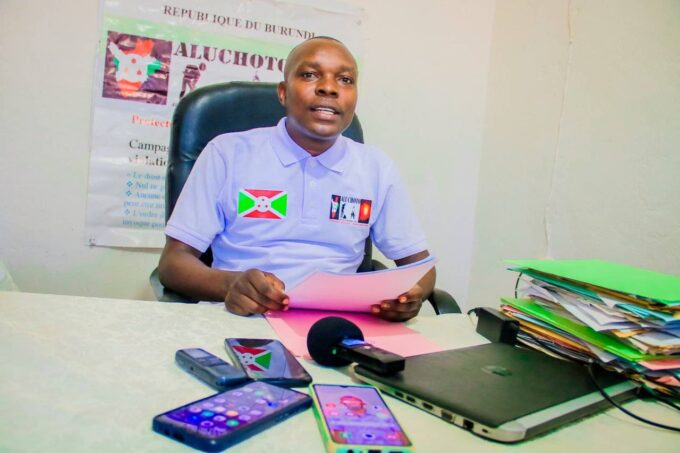The Burundian Ministry of Public Health has announced plans to shut down over 2,700 private drugstores across the country, citing widespread non-compliance with pharmaceutical regulations, concerns about expired or counterfeit medicines, and risks to public health.
During a plenary session of the National Assembly held Thursday, Minister of Health Lyduine Baradahana presented a report from the Court of Audit, revealing alarming findings about the state of pharmaceutical practices in the country. The report comes amid mounting pressure from lawmakers who have repeatedly denounced what they describe as the “toxic proliferation” of unauthorized pharmacies.
“We have observed many serious consequences in these pharmacies,” Minister Baradahana told MPs. “People are getting poisoned, falling ill, and later say it was due to bad medicine. In reality, they took expired paracetamol or other drugs stored improperly—medicines with no traceable origin.”
According to the Ministry’s latest findings, more than 2,700 pharmacies are slated for closure in the coming weeks. A list of these establishments will soon be published, allowing local administrations to assist in enforcing the shutdown.
In addition, over 4,300 private pharmacies are currently under review as inspections continue nationwide. Baradahana clarified that the government ultimately aims to limit the number of private pharmacies to a maximum of 1,400—consistent with national health policies and infrastructure. “Every hospital and health center already has its own pharmacy,” she said. “The small, informal ones are not only unnecessary but are complicating the organization of the country’s pharmaceutical system.”
The move comes as a response to increasing concerns from lawmakers over the rampant spread of unauthorized medicine vendors, particularly in rural and border areas. MP Martin Nivyabandi, raising the issue in Parliament, described how even small villages now host multiple unregulated drugstores. “Everywhere you go, people say someone was poisoned,” he said. “Are we going to continue ingesting poison until it becomes widespread disaster?”
The situation is not new. In 2024, the Ministry of Health imposed a nationwide freeze on new applications to open pharmacies, healthcare centers, and paramedical training schools. Only applications submitted before the directive are currently being considered, in accordance with existing health infrastructure plans.
Serges Harindogo, a pharmacist and vocal advocate for pharmaceutical reform, welcomed the government’s decision, citing statistics that reveal a dangerously low number of qualified pharmacists in the country. “Burundi has over 6,000 drugstores, but fewer than 250 licensed pharmacists,” Harindogo said. “This means thousands of vendors are operating without the knowledge needed to protect public health. They are there to sell, not to advise or safeguard. Most don’t know how to store medicine, how to ensure rational use, or how to manage drug interactions.”
Minister Baradahana concluded her address by appealing to lawmakers and local authorities for their cooperation. “This is not a witch hunt,” she said. “It is a coordinated effort to clean up the health sector and safeguard our citizens. People are dying because of medicines that should never have been available. We must act.”








Leave a comment